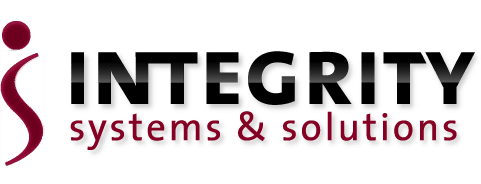
By: Michael Vincelette on August 19th, 2024
Using Technology To Streamline Your Healthcare Practice's HIPAA Compliance
Healthcare practices of all sizes must maintain compliance. But the burden is greater on small offices that don’t have the resources, time, or money to devote to ensuring these processes work effectively. Advanced compliance software can be a supportive lifeline for small healthcare practices trying to stay HIPAA compliant.
How Technology Assists in Healthcare Compliance
Here are 10 practical solutions that technology -- and automation -- offer to help reduce administrative burdens, lower costs, and mitigate burnout.
- Streamlined data collection and reporting
Gather patient information accurately and quickly with digital tools to reduce human data-entry errors. This process captures data in real time and stores it in case it's ever needed during an audit. - Enhanced data privacy and security
Protecting your patients' personally identifiable information (PII) is a crucial part of healthcare compliance. Robust encryption, multifactor authentication, and strict access controls help practices comply with HIPAA regulations and guard against data breaches. - Proactive compliance management
It's far easier to keep things in order than to backtrack to fill holes in your documentation. Consistently monitoring changes and updating procedures accordingly via technology minimizes the risk of non-compliance. - Reduced human error
Technology, and especially automated processes, reduce the chances of mis-keying information, mixing up files, or forgetting to include a pertinent piece of information. - Efficient training and education
Online courses, webinars, and training videos make interactive training easier to access, which keeps everyone involved at the top of their game. - Improved document management
Digitized records and automated workflows keep healthcare compliance documents organized, properly stored, and easily retrievable. - Automated alerts and notifications
Never miss a deadline with proactive alerts and notifications about upcoming requirements or changes to policies. - Streamlined auditing and reporting
While audits won't ever be fun, technology can make them less burdensome. Generating real-time reports from accurate, complete information minimizes disruption during audits and ensures ongoing HIPAA compliance. - Credential management
Medical staff must maintain active licenses to operate. Automated tracking and reminder notifications ensure that everyone on your staff is cleared to work for your practice. - Customization and integration with existing systems
Good software platforms offer integrations with other tools their clients typically use. This lets you set up the workflow process that best fits your practice, instead of being forced to try fitting your processes into a cookie-cutter procedure.
Automate Your Way to Healthcare Compliance With Integrity Systems' Managed IT Solutions
Used strategically, expert IT has a powerful, positive impact on a small medical office's compliance efforts. By implementing automation strategies with Integrity Systems, healthcare organizations can enhance the accuracy, efficiency and effectiveness of their healthcare compliance management efforts, ultimately leading to better regulatory adherence and improved patient care.


